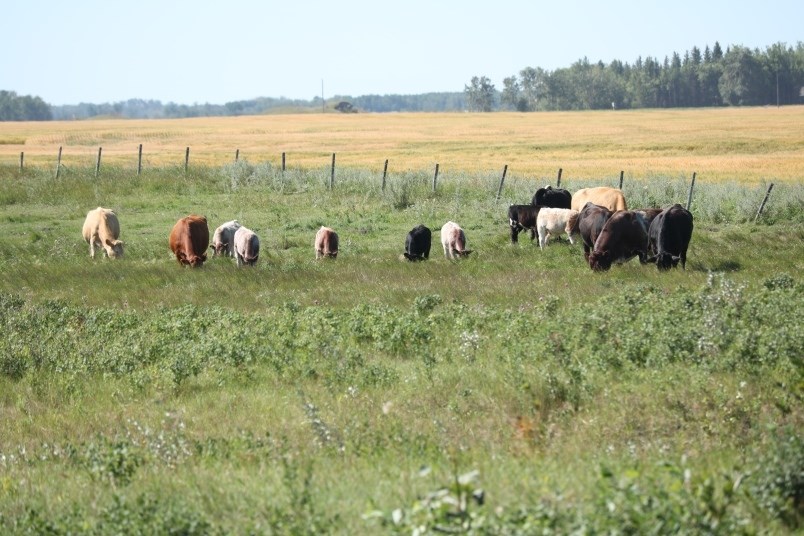Living in Yorkton, it has always been rather easy to appreciate agriculture in terms of the local community.
The old brick flour mill, which is today being preserved thanks to the effort of some very dedicated people, was an integral part of the community.
As Thom Weir, one of those taking on the challenge of preserving the mill noted at a recent press conference “one hundred and twenty years ago this (the mill) was the centre of Yorkton.”
Not perhaps as well known today is the significance of the Dalmage Farm, its site part of the Ravine Ecological Preserve today, which was a ‘bacon for Britain’ farm during the Second World War, growing pork to be shipped overseas to feed to the population.
And, there was a time when turkeys were king locally, with the city widely known as the ‘turkey capital’ of the province.
The city has also been home to the recently closed Morris Industries for years. Company founder George Morris was famous for the development of the rod weeder an important tool for farmers in the control of weeds for years.
Just down the street was Leon Ram too, which still manufactures equipment, much of it destined for farm use.
Being the hub of a trading area serving 50,000 plus also means Yorkton has long been a collection point for farm produce, from the Heartland Livestock Yards, to large grain elevators, producers have hauled what they produce to sell in the city, and because farmers were coming here the city is still home to a wide range of farm supply businesses.
The significance of agriculture continues to grow too.
The two large canola crush facilities which have added capacity since original construction illustrates rather well how important that commodity is.
Grain Millers has continued to grow its oat milling facility, as has TA Foods expanded its flax crushing facility and Harvest Meats with its roots reaching back decades in the city has grown through expansion in term of meat processing.
Now we see Parrish & Heimbecker is building a new facility just north of the city.
It is hard to imagine what our city would be without the economy generated by the agriculture sector, but it would most certainly be a much smaller and less vibrant city without the trade generated by farmers.
Like most of Saskatchewan, and in fact the Canadian Prairies, we exist largely because the land here allows for farming on a large scale. We may not always think about that aspect of our past, our present and our future, but they have always been and will always be, tied to farming.




